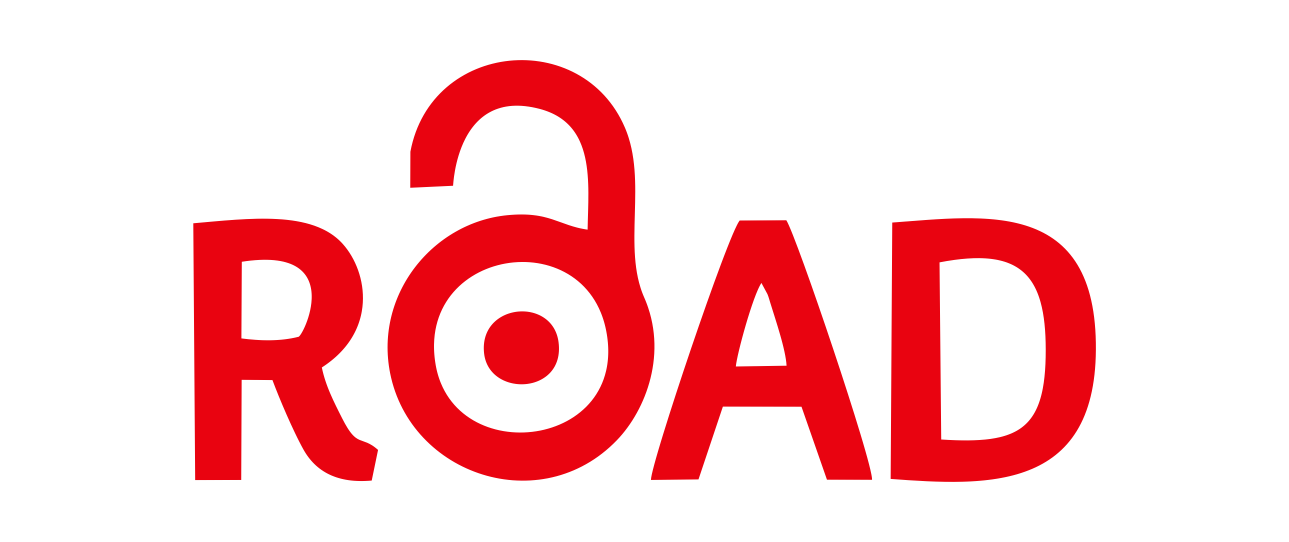Consumer behavior: analysis of factors influencing in the pet segment
DOI:
https://doi.org/10.5965/2316419009152020051Keywords:
Acai Berry Whisk, Trajectory Dependency, Golden Era of Rubber, Brazilian AmazonAbstract
When considering the importance of history as a learning tool for future actions, combined with the temporal sequences that explain economic and social development, this research has set itself the objective of identifying the trajectory of the açaí entrepreneur when it is studied from the conceptual perspective of dependence on Trajectory. Through a predominantly bibliographic research method, it was concluded that the entrepreneur who today acts as an açaí beater in the cities of the Brazilian Amazon had as a precursor the man who worked in guilds in the free cities of Europe, permeated the historical performance of the black and of the Indian in the Brazilian Amazon and culminated with the Northeastern who, after the decline of the golden age of rubber, began to extractivism in the holes and rivers that surround the cities of the Brazilian Amazon. In summary, this was the trajectory dependency of today's açaí entrepreneur who operates in the cities of the Brazilian Amazon.
Downloads
References
ARAÚJO, D. do. N. As perspectivas de competitividade dos batedores artesanais de açaí com selo ‘açaí bom’. Anais...1º SIMPÓSIO SOBER NORTE, Belém –Pará, 22 e 23 de Junho de 2017.
ARROW, K. J. Path dependence and competitive equilibrium. In: GUINNANCE, T.; SUNDSTROM, W. A.; WHATLEY, W. C. (Eds.). History matters: essays on economic growth, technology, and demographic change. Stanford, CA: Stanford University Press, 2004.
BENNETT, A.; ELMAN, C. Complex causal relations and case study methods: the example of path dependence. Political Analysis, v.14, n.3, p.250-267, 2006.
BERNARDI, B.B.OConceito de Dependência da trajetória (Path Dependence): definições e controvérsias teóricas. Perspectivas,São Paulo, v. 41, p. 137-167, jan./jun. 2012.
COSTA, F, de. Formação rural extrativista na Amazônia:os desafios do desenvolvimento capitalista (1720-1970). Belém: NAEA, 2012, 154 p.
DAVID, P. A. Path dependence, its critics and the quest for historical economics. Working Paper, Department of Economics, Stanford University, 2000. Disponível em: <http://economics.ouls.ox.ac.uk./12448/1/0502003.pdf> Acesso em: 10 jul. 2020.
EPSTEIN, S.R.; PRAK, M. Guilds, innovation, and the Europen Economy, 1400-1800. Cambridge: Cambridge University Press, v.31, 2008.
GAINS, F.; JOHN, P. C.; STOKER, G. Path dependency and the reform of english local government. Public Administration, v.83, n.1, p.25-45, 2005.
GREENER, I. The potential of path dependence in political studies. Politics, v.25, n.1, p.62-72, 2005.
HALL, P. A.; TAYLOR, R. C. R. Political science and the three new institutionalisms. Political Studies, v.44, n.4, p.936-957, 1996.
HOWLETT, M. Process sequencing policy dynamics: beyond homeostasis and path dependency. Journal of Public Policy, v.29, n.3, p.241-262, 2009.
______.; RAYNER, J. Understanding the historical turn in the policy sciences: a critique of stochastic, narrative, path dependency and process-sequencing models of policy-making over time. Policy Sciences, v.39, p.1-18, 2006.
KAY, A. A critique of the use of path dependency in policy studies. Public Administration, v.83, n.3, p.553-571, 2005.
MAHONEY, J.; RUESCHEMEYER, D. (Eds.). Comparative historical analysis in the social sciences. New York: Cambridge University Press, 2003.
______.; SCHENSUL, D. Historical context and path dependence. In: GOODIN, R. E.; TILLY, C. (Eds.). Oxford handbook of contextual political analysis. Oxford, UK: Oxford University Press, 2006. p.454-471.
NOGUEIRA, A. K. M.; SANTANA, A. C. Análise de sazonalidade de preços de varejo de açaí, cupuaçu e bacaba no estado do Pará. Revista de Estudos Sociais.v1, p.7-22, 2009.
NORTH, D.C. Instituições, mudança institucional e desempenho econômico. SãoPaulo: Três Estrelas, 2018. 255 p.
RIBEIRO, F.R. História e memória: uma história dos trabalhadores do açaí. In...I Encontro Estadual da ANPUH-AP. I Jornada Internacional de estudos de História da Amazônia. Macapá-Amapá, dez. de 2014.
RIFKIN, J. Sociedade com custo marginal zero. São Paulo: M. Books do Brasil Editora, 2016. 400 p.
SANTOS, R. A de. O. História Econômica da Amazônia: (1800-1920). São Paulo: 1980. 358 p.
SCHMID, A. A. Conflict and cooperation. Malden, Massachusetts: Blackwell Publishing, 2004.
SILVA, H. Socialização da natureza e alternativas de desenvolvimento na Amazônia Brasileira. Tese de Doutorado em Economia. Belo Horizonte; Cedeplar/UFMG. 2017.
Downloads
Published
How to Cite
Issue
Section
License
Copyright (c) 2020 José Luiz Nunes Fernandes, Bárbara Ádria O. Farias Fernandes, João Carvalho Lobo Neto

This work is licensed under a Creative Commons Attribution 4.0 International License.
Brazilian Journal of Accounting and Management offers free and immediate access to its content, following the principle that providing scientifical knowledge in a free manner promotes a better world democratization of knowledge. Authors maintain copyright of articles and grant to the journal the rights of the first publication, according to the Creative Commons Attribution licensing criteria, which allows the work to be shared with initial publication and authorship recognition. These licenses allow others to distribute, remix, adapt, or create derived work, even if it is for commercial purposes, provided that the credit is given to the original creation.




















